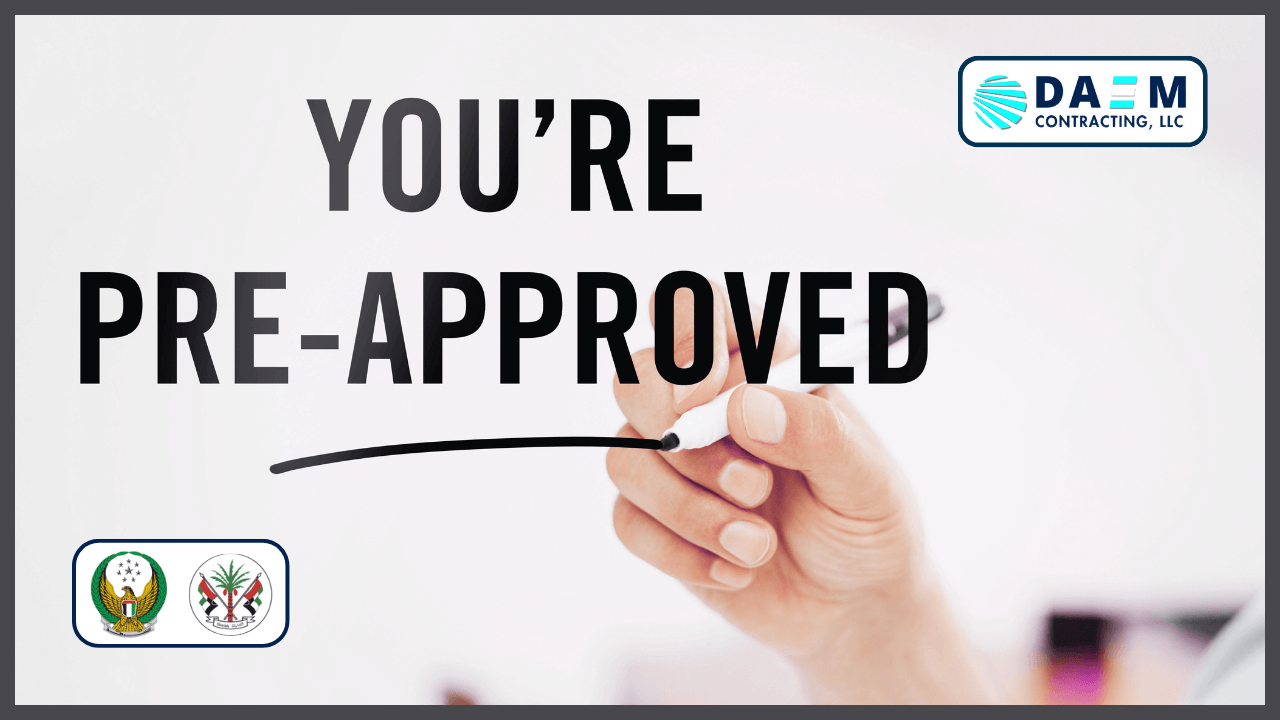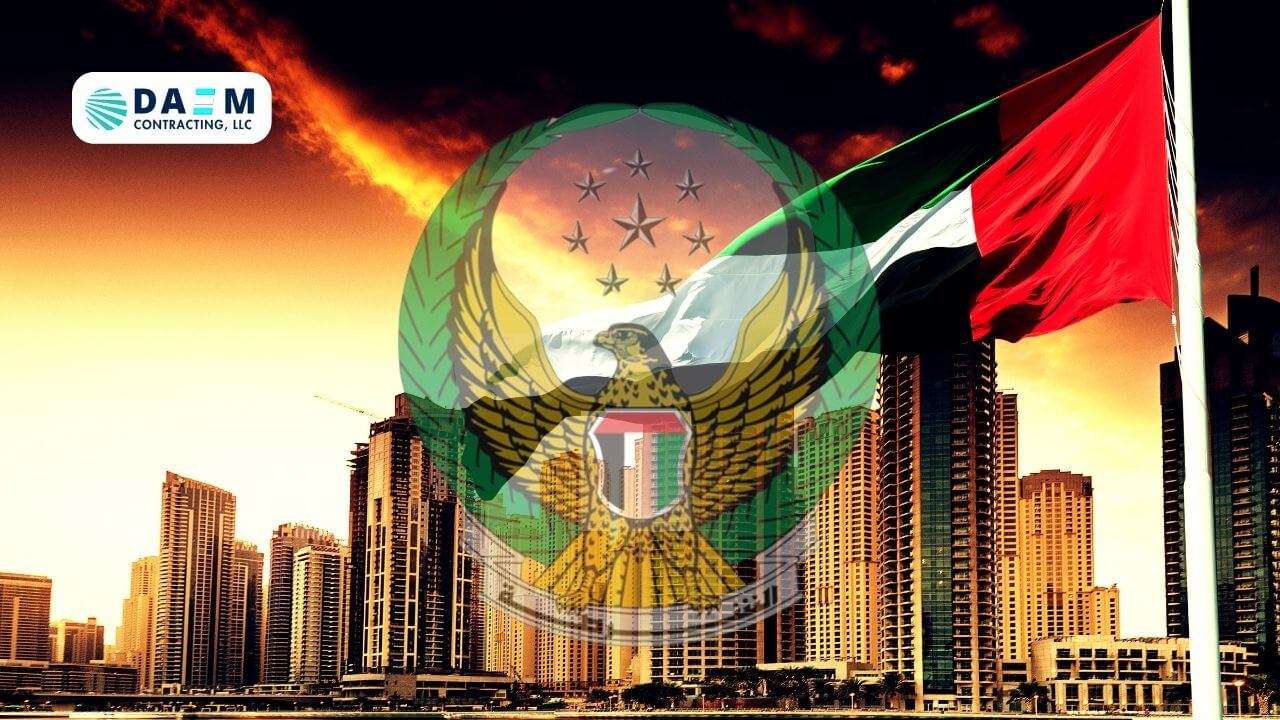- hussam
Achieving Construction Approvals Faster: Tips from the Experts
Table of Contents
In the dynamic landscapes of Dubai and Sharjah, securing construction approvals necessitates a strategic and comprehensive approach. This guide, compiled from insights provided by industry experts, aims to illuminate the intricate process of obtaining swift approvals while prioritizing safety, compliance, and efficiency. Focusing particularly on fire safety measures, such as fire pump repair, suppression systems, and Estyfa certification, this guide will equip developers and project managers with the knowledge and strategies needed for successful project execution in these bustling emirates.
Mastering the Approval Process
A thorough understanding of the regulatory frameworks established by the Dubai and Sharjah Municipalities is foundational to navigating the approval process effectively. These municipalities uphold stringent standards to ensure the safety, quality, and environmental sustainability of construction projects within their jurisdictions. Compliance with fire safety regulations, encompassing aspects like fire pump maintenance, control panel functionality, and smoke detection systems, is especially crucial for obtaining approvals promptly.
In Dubai, for instance, the Dubai Civil Defense (DCD) sets forth comprehensive guidelines for fire safety in buildings. These guidelines encompass various elements, including the installation and maintenance of fire pumps, fire alarm systems, and emergency exits. Similarly, the Sharjah Civil Defense Authority (SCDA) imposes rigorous requirements to safeguard against fire hazards and ensure the resilience of structures in the face of emergencies.
Developers and project managers must familiarize themselves with these regulations and integrate them seamlessly into their project plans from the outset. This proactive approach not only expedites the approval process but also fosters a culture of safety and compliance throughout the project lifecycle.
Key Fire Safety Measures
Fire Pump Maintenance and Repair
Fire pumps play a pivotal role in ensuring adequate water supply for firefighting operations during emergencies. Regular maintenance and prompt repair of these pumps are indispensable to their reliability and efficacy. By conducting routine inspections and adhering to manufacturer recommendations, developers can mitigate the risk of pump failures and demonstrate their commitment to fire safety compliance.
In practice, this entails scheduling periodic maintenance checks, testing pump performance under simulated emergency conditions, and promptly addressing any identified issues. Collaborating with certified technicians and fire safety specialists can provide invaluable expertise in maintaining fire pumps to the highest standards, thereby enhancing the likelihood of swift approvals from municipal authorities.
Control Panel Management
The fire system control panel serves as the nerve center of a building’s fire detection and suppression infrastructure. It monitors sensor inputs, activates alarms, and coordinates the deployment of suppression measures in response to detected fire hazards. As such, ensuring the optimal functionality of control panels is imperative for effective fire management and regulatory compliance.
Routine inspections, conducted by qualified technicians, are essential to verify the integrity and responsiveness of control panel systems. These inspections encompass checks for faulty wiring, malfunctioning sensors, and software updates to ensure compliance with the latest standards and regulations. Additionally, developers should implement robust protocols for system testing and maintenance, empowering their teams to respond swiftly to any anomalies or emergent threats.
Early Warning Systems
Timely detection of fire hazards is paramount to safeguarding occupants and minimizing property damage. Early warning systems, comprising smoke and heat detectors strategically positioned throughout a structure, serve as the first line of defense against potential fire incidents. Regular testing and calibration of these detectors are essential to maintaining their sensitivity and reliability.
Developers should institute comprehensive testing protocols, including both manual and automated testing procedures, to verify the functionality of early warning systems. This may involve conducting periodic drills to simulate fire scenarios, evaluating response times, and identifying areas for improvement. By prioritizing the integrity of early warning systems, developers can instill confidence in regulatory authorities and expedite the approval process for their construction projects.
Kitchen Fire Safety Systems
Construction sites with kitchen facilities present unique fire safety challenges, necessitating specialized precautions and mitigation measures. In addition to providing accessible fire extinguishers and comprehensive staff training, developers should invest in advanced fire suppression technologies tailored to kitchen environments.
Wet chemical fire suppression systems, installed in kitchen hoods and ventilation systems, offer targeted protection against grease fires and other cooking-related hazards. These systems deploy a fine mist of specialized chemicals to smother flames and prevent their spread, mitigating the risk of catastrophic fire events.
By incorporating kitchen fire safety systems into their project designs and maintenance plans, developers can enhance the safety and resilience of their construction sites, earning the confidence of regulatory authorities and expediting the approval process.
Pursuing Estyfa Certification
Estyfa certification serves as a hallmark of excellence in fire safety and emergency preparedness, demonstrating a project’s adherence to rigorous standards and protocols. Achieving Estyfa certification requires meticulous planning, comprehensive system assessments, and expert consultation throughout the project lifecycle.
Key steps in pursuing Estyfa certification include:
Initial Assessment:Conduct a thorough evaluation of existing fire safety systems and protocols to identify areas for improvement and ensure alignment with Estyfa requirements.
System Upgrades:Implement necessary upgrades and enhancements to existing fire safety infrastructure, prioritizing the installation of state-of-the-art equipment and technologies.
Documentation:Maintain detailed records documenting all aspects of fire safety compliance, including equipment specifications, maintenance schedules, and training protocols.
Expert Consultation:Collaborate with certified fire safety consultants and engineers to validate compliance with Estyfa standards and address any deficiencies or concerns.
Certification Application:Prepare and submit a comprehensive certification application, including all requisite documentation and supporting evidence of compliance.
By proactively pursuing Estyfa certification, developers can not only expedite the approval process but also enhance the overall safety and resilience of their construction projects, mitigating risks and liabilities associated with fire hazards.
Expert Strategies for Accelerated Approvals
In addition to mastering the technical aspects of fire safety compliance, developers can leverage strategic approaches to expedite the approval process and minimize delays. Key strategies include:
- Early Engagement: Initiate dialogue with municipal authorities early in the project planning phase to clarify regulatory requirements, establish timelines, and preemptively address potential concerns or challenges.
- Pre-Inspection Assessments: Conduct comprehensive pre-inspection assessments with qualified professionals to identify and rectify potential compliance issues proactively. Addressing deficiencies before official inspections can expedite the approval process and reduce the likelihood of costly delays or rejections.
- Technological Integration: Embrace innovative technologies and digital solutions to enhance fire safety monitoring, compliance tracking, and documentation management. Real-time monitoring systems, integrated with building management platforms, can provide invaluable insights into the operational status of fire safety infrastructure, enabling proactive maintenance and troubleshooting.
- Strategic Partnerships: Collaborate with reputable consultants, contractors, and vendors specializing in fire safety and regulatory compliance. These partnerships can provide access to specialized expertise, resources, and insights, empowering developers to navigate regulatory complexities and expedite approvals with confidence.
By implementing these expert strategies in conjunction with rigorous adherence to fire safety standards and regulations, developers can optimize their chances of securing expedited approvals for construction projects in Dubai and Sharjah.
Conclusion
Navigating the complex landscape of construction approvals in Dubai and Sharjah demands a multifaceted approach that balances regulatory compliance, safety considerations, and efficiency imperatives. By prioritizing fire safety measures, pursuing Estyfa certification, and leveraging expert strategies for accelerated approvals, developers can streamline the approval process while upholding the highest standards of quality and integrity.
Ultimately, the goal is not merely to obtain approvals expeditiously but also to foster a culture of safety, resilience, and sustainability within the built environment. By investing in robust fire safety infrastructure, engaging proactively with regulatory authorities, and embracing innovative technologies and best practices, developers can contribute to the creation of safer, more resilient communities for generations to come.
For further assistance or to discuss your specific project needs, please contact us at:
DAEM CONTRACTING LLC
- Website: daemuae.com
- Office Address: 20 18 St, RAS AL KHOR industrial area, Dubai, UAE
- Phone Number: +971 50 884 9955
- Email: info@daemuae.com









Comments are closed